
Ahmedabad based Troikaa Pharmaceuticals Ltd. has received patent for its novel non-aqueous Topical Solution of Diclofenac by the U.S. Patent Office which is marketed under the brand name Dynapar QPS.
Get the latest news from world and India’s leading pharmaceutical companies Pharma Industry, pharmaceutical marketing, generic drugs, and Complete news for Pharmacy and Life Sciences professionals.

A research team led by investigators from Brigham and Women's Hospital has evaluated real-world evidence related to outcomes for COVID-19 patients who were treated with hydroxychloroquine or chloroquine analogues (with or without a macrolide). Investigators found no evidence that either drug regimen reduced the death rate among patients. Patients treated with hydroxychloroquine or chloroquine regimens were far more likely to experience abnormal, rapid heart rhythms (known as ventricular arrhythmias) than their counterparts who had not received the drugs. The team's findings are published in The Lancet.
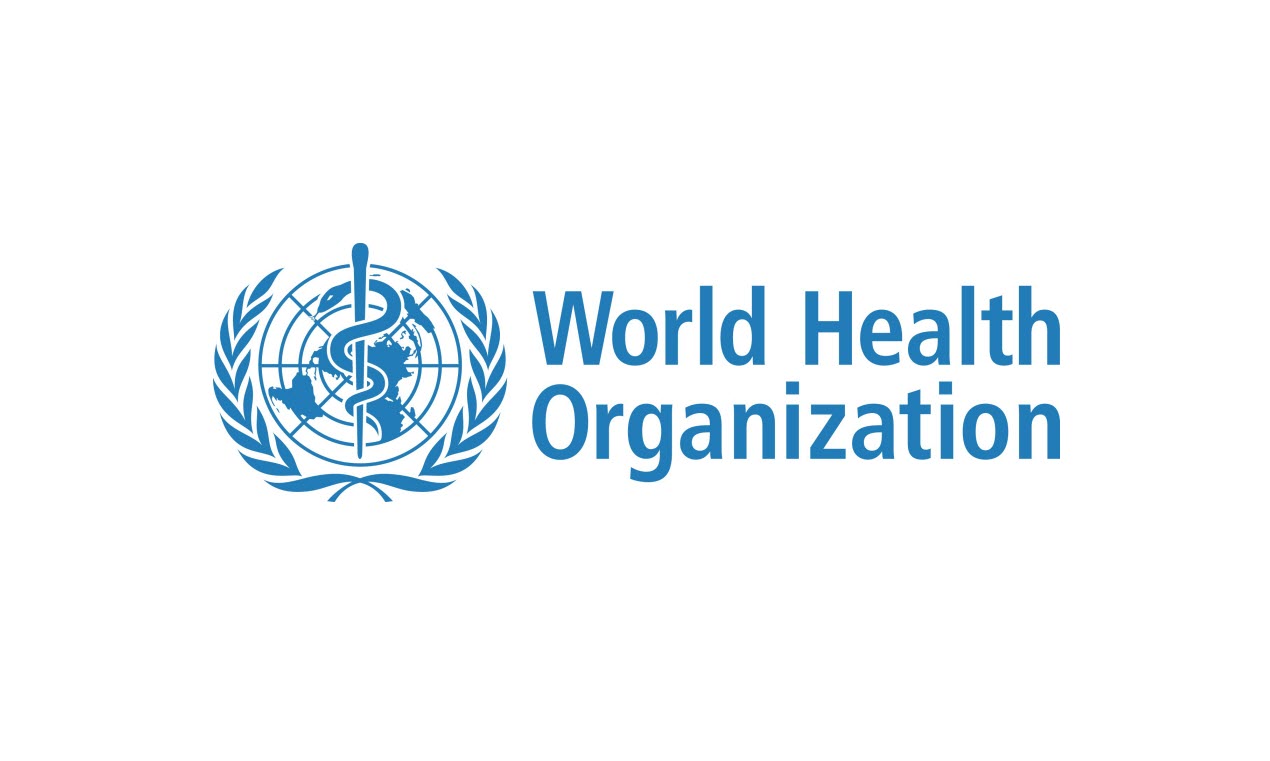
The Union Minister of Health & Family Welfare Dr. Harsh Vardhan has been elected as Chair of the Executive Board of World Health Organization for the year 2020-21. This took place today during the 147th session of the Executive Board, in a meeting that was virtually held.Hehas replacedDr Hiroki Nakatani of Japan.
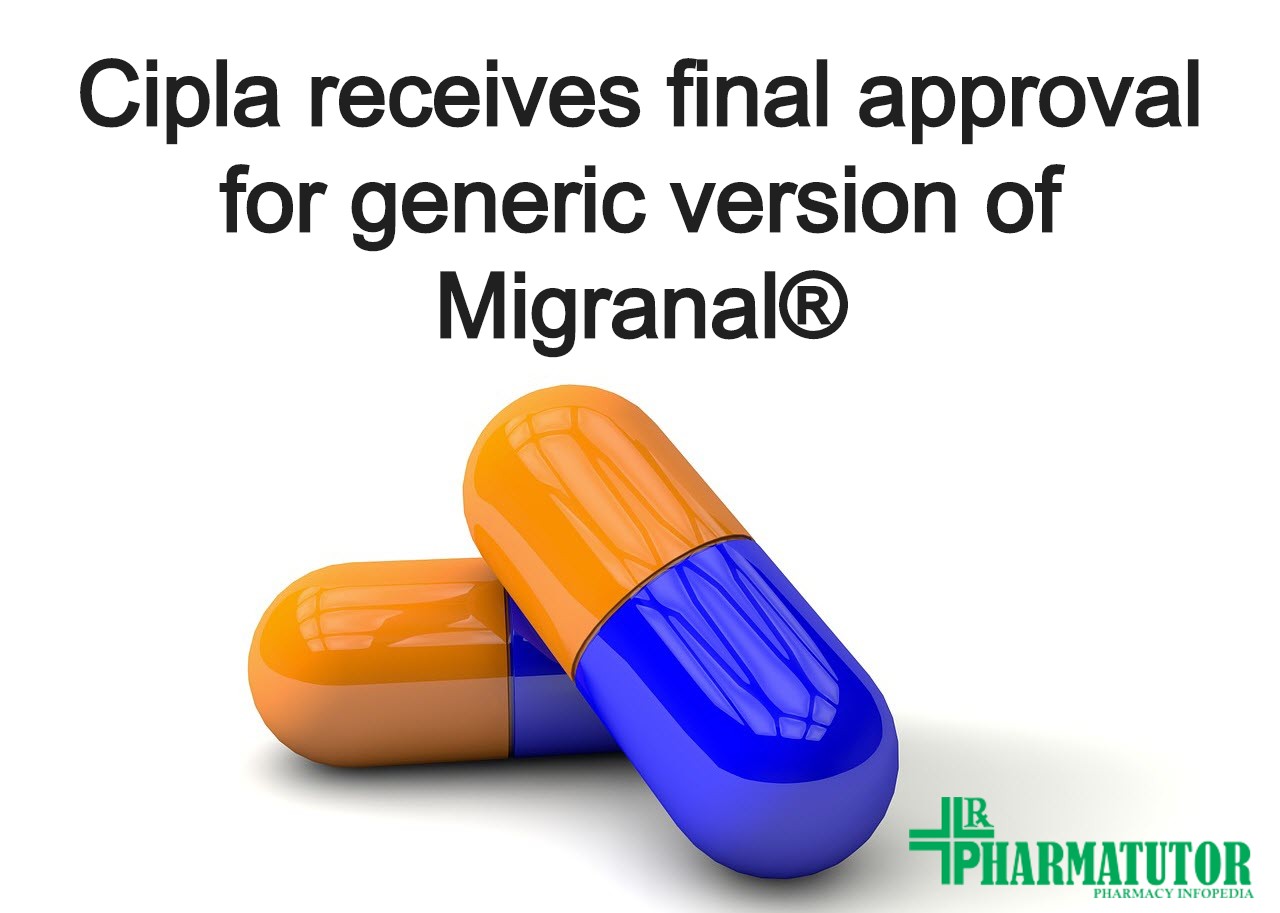
Cipla Limited announced that it has received final approval for its Abbreviated New Drug Application (“ANDA”) for Dihydroergotamine Mesylate Nasal Spray 4mg/mL from the United States Food and Drug Administration (U.S. FDA) with a Competitive Generic Therapy (“CGT”) designation. Cipla is the “first approved applicant” for such CGT and, is therefore, eligible for 180 days of CGT exclusivity which will begin to run from the commercial marketing of Cipla’s product. This 180-day CGT exclusivity will not block the commercialization of the existing approvals of Dihydroergotamine Mesylate Nasal Spray, 4 mg/mL.
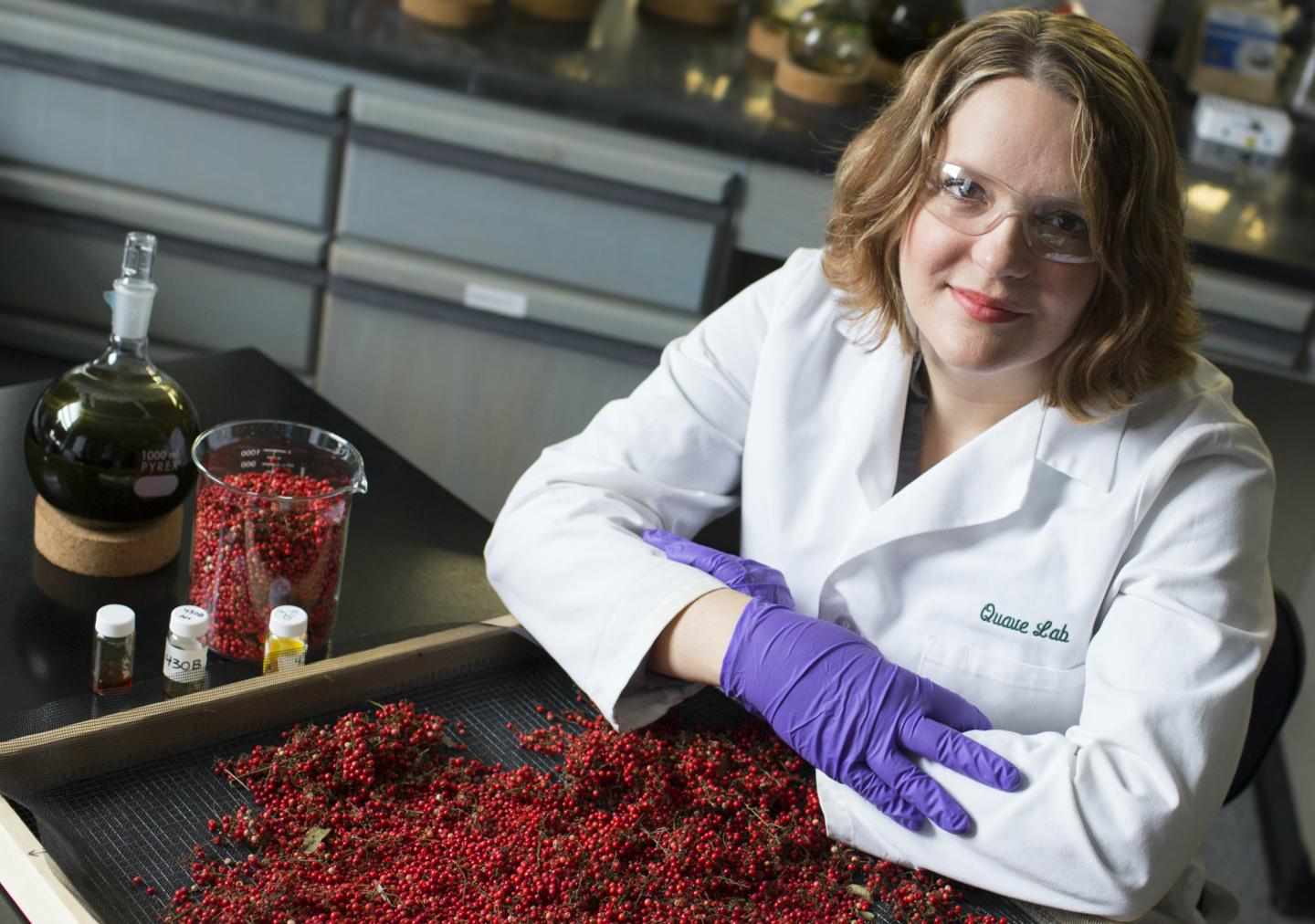
Scientists have identified specific compounds from the Brazilian peppertree -- a weedy, invasive shrub in Florida -- that reduce the virulence of antibiotic-resistant staph bacteria. Scientific Reports published the research, demonstrating that triterpenoid acids in the red berries of the plant "disarm" dangerous staph bacteria by blocking its ability to produce toxins.
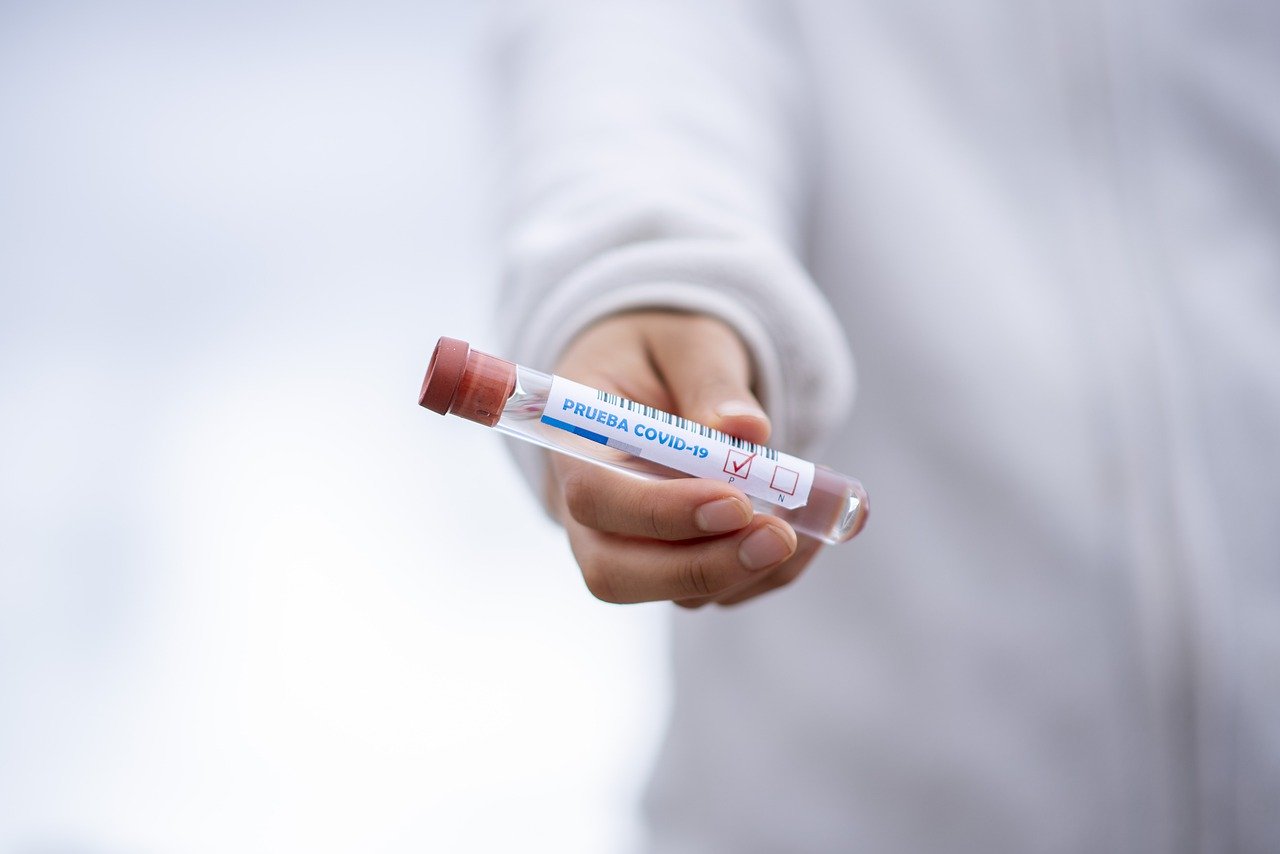
Indian researchers and authorities have prioritized to reduce dependence on other countries by developing and validating indigenous diagnostic assays for COVID-19 testing. A total of 11 RT-PCR-based indigenous assays were validated and recommended for the testing of COVID-19. This has been revealed by the Indian Council of Medical Research (ICMR).

A study completed by UnitedHealth Group with the Yale School of Medicine found that older COVID-19 patients with hypertension taking angiotensin-converting enzyme (ACE) inhibitors had a lower risk of COVID-19 hospitalization. A pragmatic clinical trial will be a critical next step.

Patients infected with either severe acute respiratory syndrome coronavirus (SARS-CoV) or SARS-CoV-2 produce antibodies that bind to the other coronavirus, but the cross-reactive antibodies are not cross protective, at least in cell-culture experiments, researchers report May 17 in the journal Cell Reports. It remains unclear whether such antibodies offer cross protection in the human body or potentiate disease. The findings suggest that more research is needed to identify parts of the virus that are critical for inducing a cross-protective immune response.
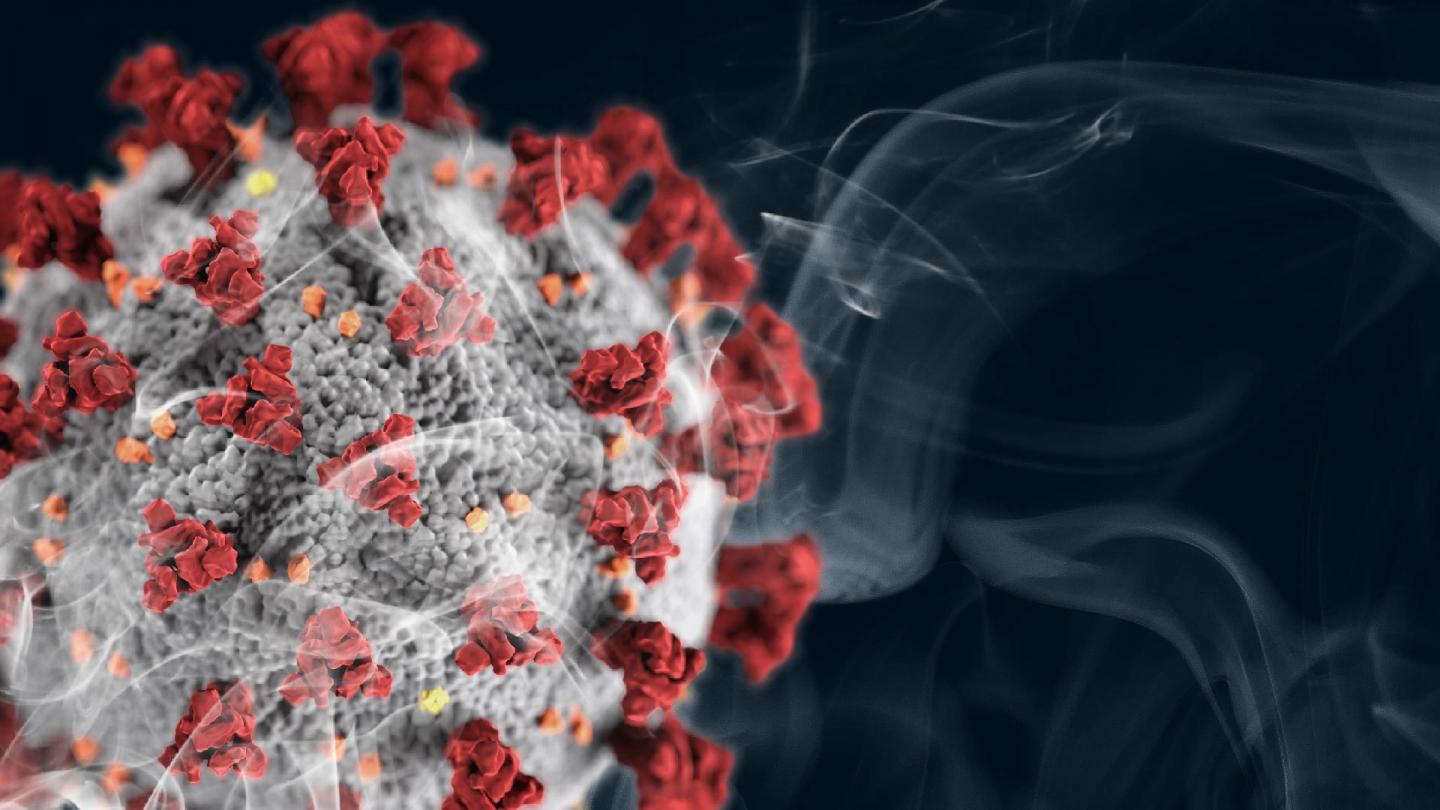
New research from CSHL scientists suggests that cigarette smoke spurs the lungs to make more ACE2 (angiotensin-converting enzyme 2), the protein that the coronavirus responsible for COVID-19 grabs and uses to enter human cells. The findings, reported May 16, 2020 in the journal Developmental Cell, may explain why smokers appear to be particularly vulnerable to severe infections. The analysis also indicates that the change is reversible, suggesting that quitting smoking might reduce the risk of a severe coronavirus infection.